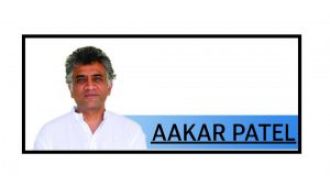Notes by Ada and too good to be true

For a while between 2017-2019, I wrote long ~monthly posts on technology as part of a project I called “Notes by Ada.” Inspired by Ada Lovelace, this project prodded me to expand how I thought about technology and the biggest problems we needed to solve.
If it wasn’t for writing for two years, I don’t think I’d have formed the perspective I hold on the importance of solving for climate and employment in a world where the connection between labor and capital is breaking as well as a whole host of other topics. Writing, as always, was both powerful and clarifying.
Over time, however, this project became hard to keep up. Each long form article needed a lot of research and this research was time away from the family on weekends. And, after kid #2 came along, this approach became untenable.
Just as I was beginning to think about winding this project down, my MailChimp subscriber updates email began showing unexpected activity. Suddenly, 30-40 folks were signing up every day for a few weeks. I tried emailing a couple of these folks to ask where they heard about this project. I had shared on Medium and LinkedIn but this felt too good to be true. No response.
So, I finally ended up writing a post on the climate crisis to see whether I’d hear from a few folks. I ended up getting a collection of “I never subscribed. Please unsubscribe” responses.
That hurt.
All my notes are opt-in only for good reason. I have no intention of forcing my notes on anyone. There are no big pop ups on any project asking you to sign up. If you do, you hopefully do so because you believe there’s value. And, if you don’t, that’s also understandable. We only have so much time and attention in a day.
Anyway, it turned out that there was some Russian bad actor who just dumped a bunch of these emails into a Mailchimp form that didn’t have double opt in by default.
It turned out to be the final nail in the coffin for that project. But, it also helped me (re)learn two important lessons.
If you have a project involving a subscriber list, use double opt in. (And, if you don’t, beware of the risks.)
And, second, if it feels too good to be true, it probably is.






